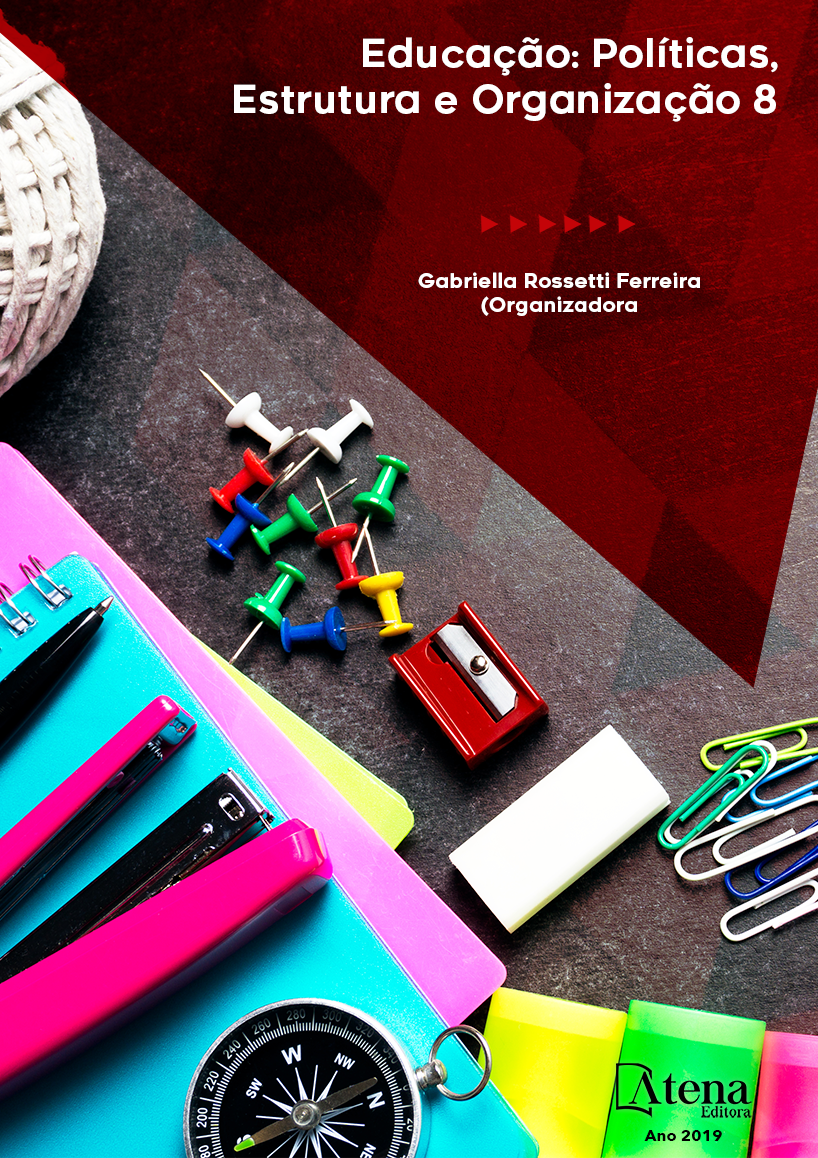
INFORMAÇÕES QUE FORMAM MINHAS OPINIÕES
Formar cidadãos letrados vai além
de uma boa conjugação verbal ou ensinar
a escrever corretamente. Algumas pessoas
concluem a educação básica sem compreender
algumas informações que permeiam o seu
mundo, sejam essas escritas ou oralizadas. Se
a educação é a chave das transformações, é
importante que as aulas, principalmente as de
língua portuguesa, estejam inseridas em uma
metodologia voltada para a leitura, compreensão
e produção textual, aplicando de forma correta
os elementos da linguística. Dessa forma, o
projeto “Informações que formam opiniões”,
aplicado nos segundos anos do ensino médio,
envolveu a leitura de gêneros jornalísticos:
reportagens, editoriais e artigos de opinião,
como suporte para levantamento de pontos
de vista, fundamentados nas informações
recebidas através dessas leituras. O processo
avaliativo aconteceu com o atendimento de
forma individual no qual se pôde perceber em
que grau consistia o atendimento às expectativas
de aprendizagem. Sendo assim, as dificuldades
detectadas foram sendo trabalhadas ao longo
dos dois primeiros bimestres do ano letivo. Uma
vez que a prática de ler jornais não se insere na
cultura da maioria dos alunos, essa metodologia
oportunizou a troca de informações em sala de
aula. Cada aluno fez uma exposição do texto
lido, apresentando o tema e os argumentos
que o autor utilizou para convencer o leitor em
relação à fundamentação dos pontos de vista
ali defendidos.
INFORMAÇÕES QUE FORMAM MINHAS OPINIÕES
-
DOI: 10.22533/at.ed.09519030412
-
Palavras-chave: leitura, compreensão, levantamento de pontos de vista, argumentação, produção textual.
-
Keywords: reading, understanding, raising of points of view, argumentation, textual production.
-
Abstract:
Forming literate citizens goes
beyond a good verbal conjugation or teaching
to write correctly. Some people complete
basic education without understanding some
information that permeates their world, whether
written or oralized. If education is the key to
transformations, it is important that classes,
especially those of Portuguese language, are
inserted in a methodology focused on reading,
comprehension and textual production, applying
correctly the elements of linguistics. Thus,
the project “Information that forms opinions”,
applied in the second years of high school,
involved the reading of journalistic genres:
reportages, editorials and opinion articles, as
support for the survey of points of view, based
on the information received through these
readings. The evaluative process happened
with the attendance of individual form in which it
was possible to perceive to what degree it consisted the attendance to the expectations
of learning. Thus, the difficulties detected were being worked on during the first two
months of the school year. Since the practice of reading newspapers does not fit into
the culture of most students, this methodology facilitated the exchange of information in
the classroom. Each student made an exposition of the text read, presenting the theme
and arguments that the author used to convince the reader about the rationale of the
points of view defended there.
-
Número de páginas: 15
- Aldenice de Souza Araújo


